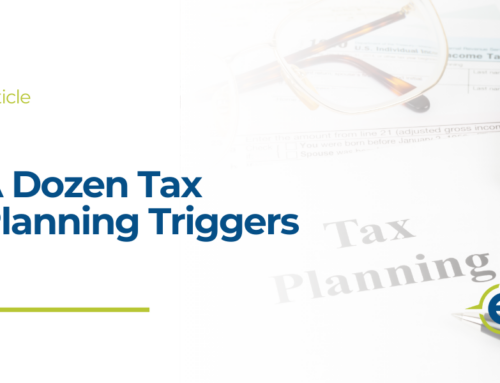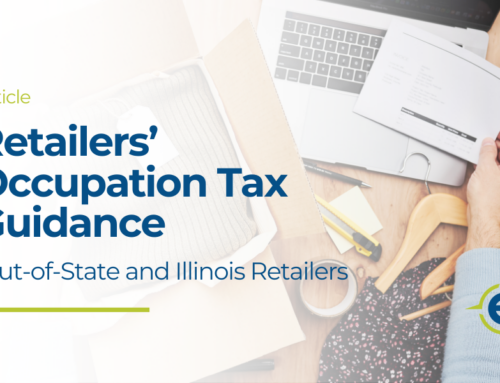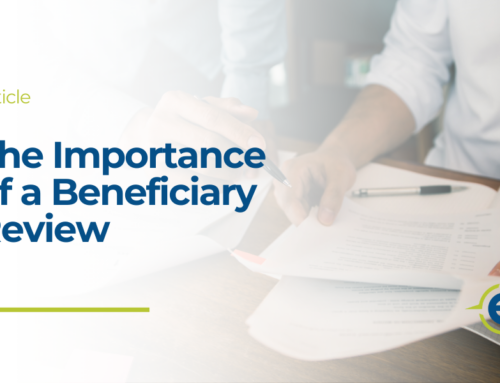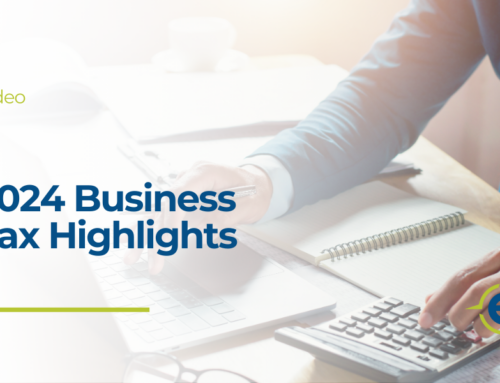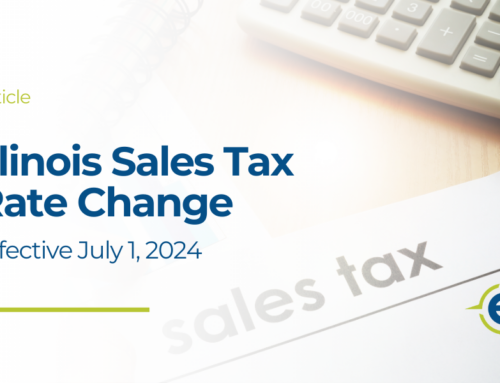Virtual Currency & Your Taxes
If you own, invest in or use virtual currency like Bitcoin and Ethereum, be aware that the IRS has recently added virtual currencies as an area of focus. They have been sending notices to taxpayers who own virtual currency based on information received through ongoing compliance efforts. For the 2019 tax year they’ve added a question to Schedule 1 of the tax return that asks, “At any time during 2019, did you receive, sell, send, exchange, or otherwise acquire any financial interest in any virtual currency?” Since the IRS treats virtual currency as property, rather than currency, anytime you use virtual currency to buy goods or services, or convert it to dollars, you may have a gain or loss that must be reported on your tax return. If this applies to you, please provide us with all of the necessary information to properly complete your tax return when you bring in the rest of your tax documents.
To figure your gain or loss, you’ll have to show your basis in the currency. Basis is usually how much you paid for the currency. If you received the currency as payment for goods or services, your basis is generally the fair market value of the currency when you received it.
As you can see, using and owning virtual currency can complicate your tax situation. Several other virtual currency rules are still unsettled, so proper planning now may be key to avoiding additional taxes and penalties in the future. If you need to discuss any of these issues, please contact Eder, Casella & Co. or alert us to these issues when you bring in your tax information.

